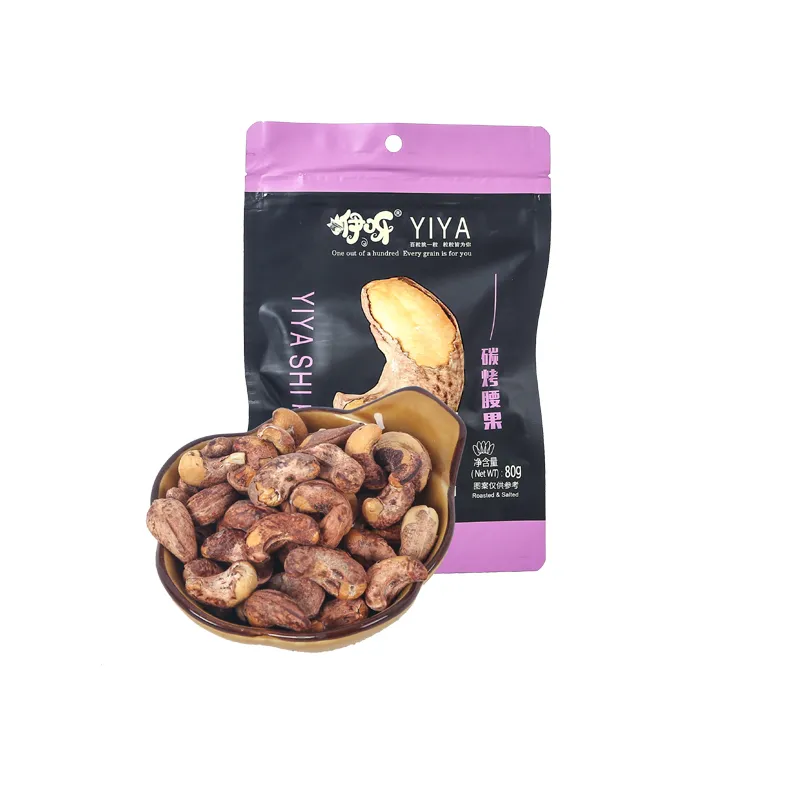-
 Afrikaans
Afrikaans -
 Albanian
Albanian -
 Amharic
Amharic -
 Arabic
Arabic -
 Armenian
Armenian -
 Azerbaijani
Azerbaijani -
 Basque
Basque -
 Belarusian
Belarusian -
 Bengali
Bengali -
 Bosnian
Bosnian -
 Bulgarian
Bulgarian -
 Catalan
Catalan -
 Cebuano
Cebuano -
 Corsican
Corsican -
 Croatian
Croatian -
 Czech
Czech -
 Danish
Danish -
 Dutch
Dutch -
 English
English -
 Esperanto
Esperanto -
 Estonian
Estonian -
 Finnish
Finnish -
 French
French -
 Frisian
Frisian -
 Galician
Galician -
 Georgian
Georgian -
 German
German -
 Greek
Greek -
 Gujarati
Gujarati -
 Haitian Creole
Haitian Creole -
 hausa
hausa -
 hawaiian
hawaiian -
 Hebrew
Hebrew -
 Hindi
Hindi -
 Miao
Miao -
 Hungarian
Hungarian -
 Icelandic
Icelandic -
 igbo
igbo -
 Indonesian
Indonesian -
 irish
irish -
 Italian
Italian -
 Japanese
Japanese -
 Javanese
Javanese -
 Kannada
Kannada -
 kazakh
kazakh -
 Khmer
Khmer -
 Rwandese
Rwandese -
 Korean
Korean -
 Kurdish
Kurdish -
 Kyrgyz
Kyrgyz -
 Lao
Lao -
 Latin
Latin -
 Latvian
Latvian -
 Lithuanian
Lithuanian -
 Luxembourgish
Luxembourgish -
 Macedonian
Macedonian -
 Malgashi
Malgashi -
 Malay
Malay -
 Malayalam
Malayalam -
 Maltese
Maltese -
 Maori
Maori -
 Marathi
Marathi -
 Mongolian
Mongolian -
 Myanmar
Myanmar -
 Nepali
Nepali -
 Norwegian
Norwegian -
 Norwegian
Norwegian -
 Occitan
Occitan -
 Pashto
Pashto -
 Persian
Persian -
 Polish
Polish -
 Portuguese
Portuguese -
 Punjabi
Punjabi -
 Romanian
Romanian -
 Russian
Russian -
 Samoan
Samoan -
 Scottish Gaelic
Scottish Gaelic -
 Serbian
Serbian -
 Sesotho
Sesotho -
 Shona
Shona -
 Sindhi
Sindhi -
 Sinhala
Sinhala -
 Slovak
Slovak -
 Slovenian
Slovenian -
 Somali
Somali -
 Spanish
Spanish -
 Sundanese
Sundanese -
 Swahili
Swahili -
 Swedish
Swedish -
 Tagalog
Tagalog -
 Tajik
Tajik -
 Tamil
Tamil -
 Tatar
Tatar -
 Telugu
Telugu -
 Thai
Thai -
 Turkish
Turkish -
 Turkmen
Turkmen -
 Ukrainian
Ukrainian -
 Urdu
Urdu -
 Uighur
Uighur -
 Uzbek
Uzbek -
 Vietnamese
Vietnamese -
 Welsh
Welsh -
 Bantu
Bantu -
 Yiddish
Yiddish -
 Yoruba
Yoruba -
 Zulu
Zulu
Jul . 27, 2024 04:21 Back to list
Exploring Leading Manufacturers of Sunflower Seeds and Their Impact on the Industry
The Role of Sunflower Seeds in the Sunflower Manufacturing Industry
Sunflower seeds, the tiny yet potent seeds of the sunflower (Helianthus annuus), are not just popular snacks; they play a pivotal role in the agricultural and industrial sectors, particularly in sunflower manufacturing. This industry revolves around the cultivation, harvesting, and processing of sunflowers for various products, notably sunflower oil, seeds, and snacks. The significance of sunflower seeds in this domain cannot be overstated, as they are integral to both the production processes and the economic viability of sunflower farming.
The Versatility of Sunflower Seeds
Sunflower seeds are known for their rich nutritional profile, which includes healthy fats, protein, vitamins, and minerals. Their versatility allows them to be used in a variety of products. In the sunflower manufacturing sector, seeds are processed to extract oil, which is widely used for cooking, frying, and as an ingredient in processed foods. The meal left after oil extraction serves as a high-protein animal feed, contributing to the livestock industry. Additionally, sunflower seeds can be roasted and flavored to create popular snacks that appeal to health-conscious consumers.
The Manufacturing Process
The manufacturing process begins with the cultivation of sunflowers, which thrive in regions with plenty of sunlight and well-drained soil. Once harvested, the seeds undergo several stages of processing. Initially, they are cleaned to remove debris and impurities. Following this, the seeds can be either directly packaged for sale as snacks or subjected to oil extraction processes. The extraction can follow different methods, such as mechanical pressing or solvent extraction, which yield high-quality sunflower oil and by-products.
After extraction, the remaining seed cake can be further processed to produce protein-rich meals, making it a crucial component in animal feed formulations. Sunflower seed oil is also refined to remove free fatty acids and other impurities, resulting in a product that is suitable for culinary use or the production of margarine and other food items.
sunflower seeds in sunflower manufacturers

Economic Impact
The sunflower manufacturing industry significantly contributes to the economy in many countries. It creates jobs in agricultural production, processing, and distribution. Countries like Ukraine, Russia, and Argentina are among the largest producers and exporters of sunflower seeds and oil, driving their agricultural sectors and contributing to national income.
Moreover, the growing demand for healthier oil alternatives among consumers has bolstered the market for sunflower oil. As awareness of health and wellness continues to rise, the sunflower manufacturing industry is adapting by emphasizing the health benefits of sunflower seeds and oil, pushing for innovations in the marketing and development of new sunflower-based products.
Sustainability Considerations
As with any agricultural industry, sustainability is a critical consideration in sunflower manufacturing. Many producers are adopting more sustainable practices to minimize environmental impact. This includes crop rotation, reducing pesticide use, and implementing water conservation techniques. Sustainable farming not only benefits the ecosystem but also meets the growing consumer demand for responsibly sourced products.
Conclusion
In conclusion, sunflower seeds are a cornerstone of the sunflower manufacturing industry. Their versatility and nutritional benefits make them integral to various sectors, from food production to animal feed. The economic contributions of this industry can be profound, particularly in sunflower-rich regions. As the industry moves towards sustainability, the future of sunflower seeds and their derivatives appears promising, continuing to meet consumer demands while supporting agricultural economies worldwide. The ongoing evolution of sunflower manufacturing will undoubtedly reveal new opportunities and innovations in the years to come, affirming the vital role of sunflower seeds in global food systems.
-
Premium Milk Flavored Melon Seeds 250g - Crunchy & Healthy Snack
NewsAug.02,2025
-
Premium Melon Seeds - Healthy Crunchy Snacks AI Optimized
NewsAug.01,2025
-
Premium Biscuits: Luxury Packaging & Exquisite Taste
NewsJul.31,2025
-
Bulk Sunflower Seeds Exporter | Buy Wholesale Today
NewsJul.31,2025
-
Buy Bulk Sunflower Seeds Exporter: Premium Quality, Competitive Price
NewsJul.30,2025
-
Premium Macadamia Nuts - Fresh, Crunchy & Healthy Snack Choice
NewsJul.30,2025
